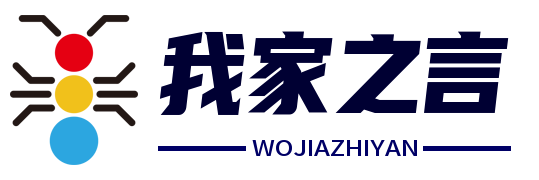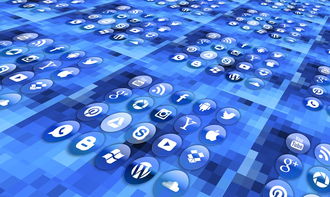The Integration of Technology in Our Daily Lives
In the contemporary world, technology has become an integral part of our daily lives. From the moment we wake up to the time we go to sleep, technology surrounds us, influencing how we communicate, learn, work, and even how we entertain ourselves. This essay will explore various aspects of how technology has permeated our lives and the implications it holds for the future.
One of the most significant impacts of technology on our lives is in the field of education. Online learning platforms have revolutionized the way we access knowledge. Students can now attend classes from the comfort of their homes, interact with educators from around the globe, and collaborate with peers in real-time. This has not only made education more accessible but also more flexible, allowing individuals to learn at their own pace and according to their own schedules.
Social media has also become a cornerstone of modern communication. Platforms like Facebook, Twitter, and Instagram have transformed the way we connect with others. They allow us to share our experiences, opinions, and ideas instantly with a wide audience. However, the rise of social media has also raised concerns about privacy, mental health, and the spread of misinformation. It is crucial for users to be aware of these issues and to use social media responsibly.
Artificial intelligence (AI) is another area where technology is making significant strides. AI systems are now capable of performing tasks that were once thought to be the exclusive domain of humans, such as driving cars, diagnosing diseases, and even composing music. The potential of AI is vast, and it promises to revolutionize industries from healthcare to finance. However, the ethical implications of AI, including issues of job displacement and the potential for AI to be used in harmful ways, must be carefully considered.

The COVID-19 pandemic has accelerated the trend of remote work, with many companies adopting flexible work policies that allow employees to work from home. This shift has been made possible by advances in communication technology, such as video conferencing and cloud computing. Remote work offers numerous benefits, including reduced commute times and increased work-life balance. However, it also presents challenges, such as maintaining productivity and ensuring effective collaboration among team members.
Lastly, technology plays a crucial role in addressing environmental issues. Innovations in renewable energy, such as solar and wind power, are becoming more efficient and affordable, helping to reduce our reliance on fossil fuels. Smart grid technology is also being developed to optimize the distribution of energy, reducing waste and increasing the resilience of our power systems. Additionally, technology is being used to monitor and mitigate the effects of climate change, such as through the use of satellite imagery to track deforestation and the application of AI in predicting weather patterns.
In conclusion, technology has become an indispensable part of our lives, touching every aspect from education to environmental conservation. While it brings numerous benefits, it also presents challenges that we must navigate carefully. As we continue to integrate technology into our daily routines, it is essential to do so in a way that is mindful of its broader implications, ensuring that we harness its potential for the betterment of society while mitigating its risks.









